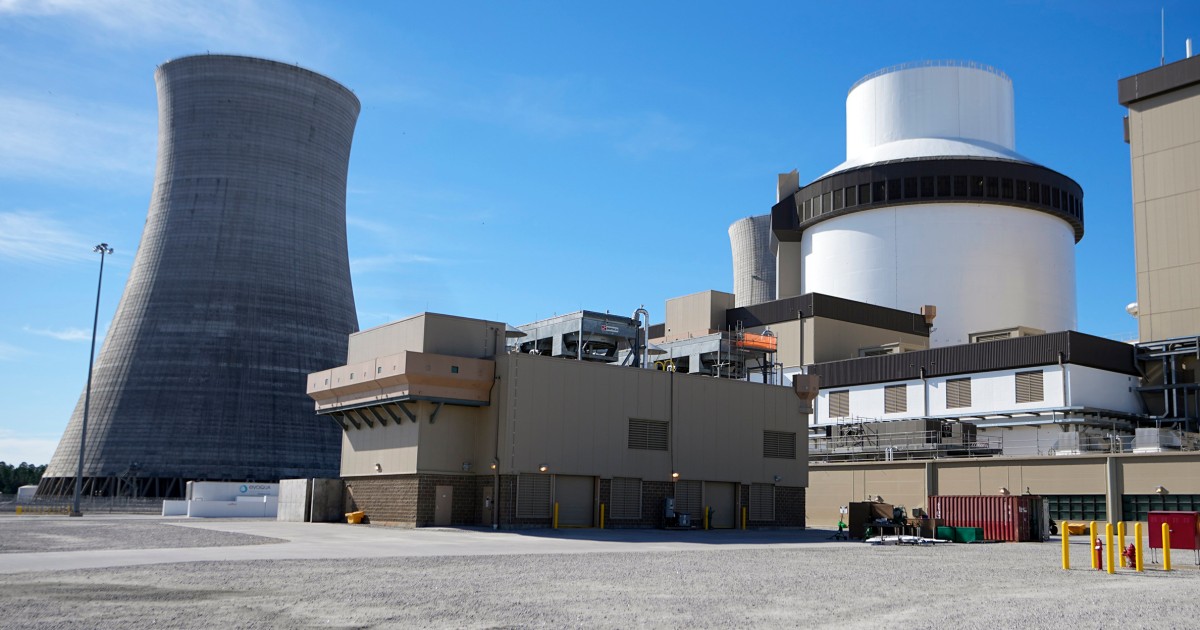First U.S. nuclear reactor built from scratch in decades enters commercial operation in Georgia::ATLANTA — A new reactor at a nuclear power plant in Georgia has entered commercial operation, becoming the first new American reactor built from scratch in decades.



Unfortunately, there’s still that one guy in the comments trying to say that hypothetical, largely unproven solutions are better for baseload than something that’s worked for decades.
That or the fear-mongering talking points. That’s what caused our local power plant to be decommissioned, and now those same people are complaining about how much their electrics cost now.
The old soviet legacy. And a bit of actual disasters and from the 2 significant ones (hiroshima and chernobyl) half are beacuse of the soviets.
*Fukushima
Hiroshima was the freedom bombing disaster
on a side notw how people have dies from fukushima in the years since and how many have died from coal? Also you can compare the number of long term health problems
Doesn’t matter. Bad news at the time was enough to scare people for the next 30 years.
Heck, even my college Sociology textbook from OpenStax basically has nuclear fear-mongering baked into one of the later sections.
some people can’t help but cut their nose to spit their face
If you mean renewables by that, it’s hardly hypothetical or unproven. I’m in Australia and south Australia and Tasmania (two of our states) have fully renewable grids, Tasmania for the past 7 years. South Australia does still occasionally pull from an interconnect but most of the time they’re exporting a bunch of power.
Renewables with storage are cheaper and faster to build than nuclear and that’s from real world costs. Nuclear would be fine if it wasn’t so stupidly expensive.
Generates nearly all its power using hydro electric, which is great but pretty dependent on geography.
Wiki says a pretty big hunk of that is still gas
https://en.wikipedia.org/wiki/Energy_in_South_Australia#/media/File:Electricity_generation_SA_2015-2021.svg
In Ontario Canada where I am from it would take > 4000 wind turbines all working at once (not including the batteries) to supplant our nuclear capacity. Even the largest battery storage are in the hundreds of mega watts and only for a few hours at the cost of about half a billion dollars.
I think it is more productive to approach these technologies as complementary as any proper grid should have both for the near future if we want to reduce global warming.
I think you mean hypothetical technology that hasn’t been invented yet, but he expected will be in widespread use 50 years from now.